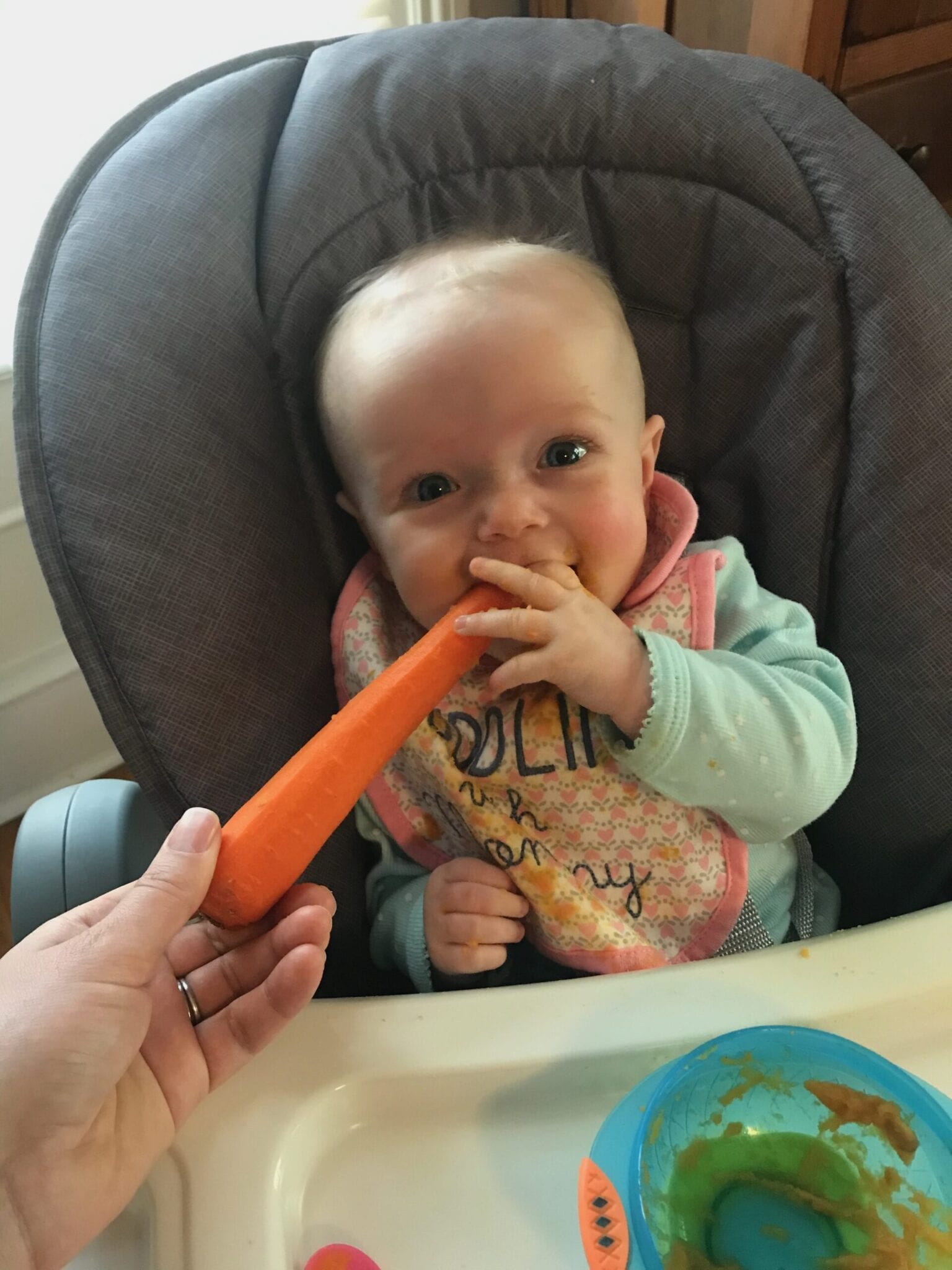Feeding Therapy
The SOS Approach to Feeding is the primary treatment approach used at Emerge and is appropriate for children who have a significantly restricted diet. SOS works to increase the range of foods that a child will eat. This program can be implemented in individual or group settings and includes a significant parent involvement and education component to ensure home carryover.
What does feeding therapy look like at Emerge?
- Start with movement to help regulate the body in our sensory gym.
- Therapist, child, and caregiver transition to one of our treatment spaces.
- Follow a routine including washing hands, blowing bubbles, wiping down, and setting the table.
- A hierarchy of foods are then presented one at a time on every individual’s plate.
- The hierarchy is made up of foods that are preferred and non-preferred by the child
- The foods have physical and sensory similarities (e.g. similar in color, texture, size, shape, etc.).
- Foods are explored through the sensory systems (e.g. sight, touch, smell, sound, and taste) and a play-based approach.
- The session is concluded when the child, therapist, and caregiver all participate in clean up.
Caregiver education is a valuable part of feeding therapy. Encouraging the caregiver to be present during the session can serve as a valuable tool for learning how to use the SOS Approach to Feeding at home with their child. Tips, strategies, and skills are provided during each session to support increasing the child’s food repertoire at home and school environments.


Here are some signs of feeding difficulties:
- Ongoing, poor weight gain, weight loss
- Ongoing gagging, coughing, and choking during meals
- Ongoing problems with vomiting
- More than one incident of gastro nasal reflux
- History of traumatic choking accident
- History of eating and breathing problems combined with ongoing respiratory issues
- Inability to transition to baby purees by 10 months
- Inability to accept any table foods by 12 months
- Inability to transition to cup by 16 months
- Has not weaned off all or most of baby food by 16 months
- Avoidance or aversion to foods of a specific texture or food group
- Food range of less than 20 foods
- An infant who cries or arches their back during meal time
- The family is fighting about feeding and meal time.
- Caregiver reports the child is difficult for everyone to feed.
- Family history of eating disorder, combined with a child with poor weight gain
Toomey & Associates, Inc. © 1990/2017
Learn More
Websites and Online Articles
Tools and Materials
As an Amazon Associate we earn from qualifying purchases.










